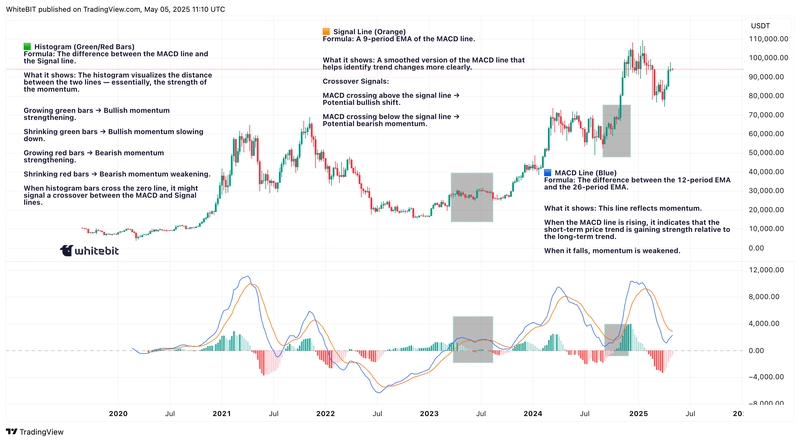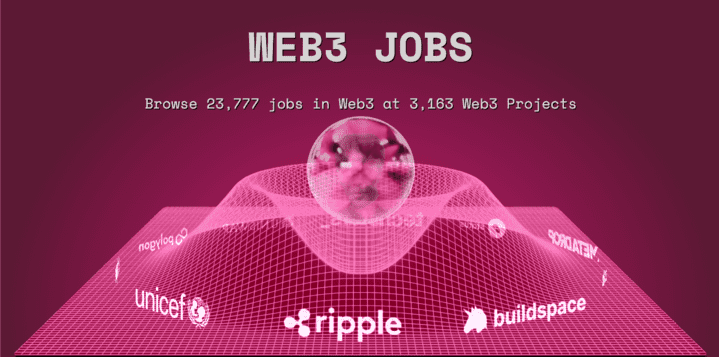Hi, I’m Emmanuel Nwafor, a computer science student at the University of Nigeria, Nsukka — and a curious mind who fell in love with software development. Like not many others, I started with the basics of back-end development — arguably the best way to begin a software engineering journey — and eventually dabbled in other areas of tech.
[I also wanted to be a writer, so I hope you enjoy this piece].
I remember when I built my first API server with Node.js — that was when I realized I’d actually found something I liked doing. For once, I wasn’t overthinking my crush at the time. Turns out, I wasn’t sad, or lonely, or ugly😐 — I just needed to build.
Well, enough of the self-glazing 😅. Let’s talk about something else.
🌐 Why I Chose Web3
What pulled me into Web3 wasn’t just the buzz or the promise of pay that overwhelmingly surpassed what I was already making as a back-end web developer 👀.
I wanted to build cool stuff while creating ✨impact✨, and I feel Web3 provides a certain liberty for that. Impact is the keyword — and in my opinion, that’s what all of us ultimately want to make. Web3 enables individuals to create things that don’t need approval to exist and can’t be switched off by gatekeepers
[we might still be cooked in Web3 if one of these gatekeepers decides to switch off their servers, but we move #ReditIsTheOnlySourceOfTruth].
So far, so good. It’s been an interesting ride — full of learning, for sure.
[The amount of new vocabulary I had to learn just to grasp beginner-level blockchain concepts is alarming 🫠].
🧠 Learning from the Cipher Session
This journey accelerated when I joined the B<>rder/ess <> Metis Cipher Session, a mind-stretching experience hosted by [you guessed it] the B<>rder/ess team in collaboration with Metis and KarlaGod.
Here are some highlights of what I picked up:
Full-stack Solidity development skills — [Imagine if this wasn’t on the list 🙂]
We covered everything from smart contracts to front-end interactions. [Safe to say, I can add Solidity to my LinkedIn profile]How to actually make money as a developer
Our tutor didn’t just focus on the tech — we also got real-world advice on how to monetize our skills, navigate the ecosystem, and think like builders, not just coders.Clarity on the Web3 landscape, from KarlaGod herself🫡
Karla gave us the real sauce — how the space works, why community matters, and how to market your project and get funded. Step-by-step clarity. [I can't make this stuff up].
🔨 What I’m Building: [Blockchain-powered verification system that ensures transparent, tamper-proof records of land ownership (BPVSTETTPROLO)]
My project is called ✨LandRegistry✨ — a decentralized app that leverages blockchain technology to provide secure, transparent, and efficient land ownership verification.
👉 Check it out
The problem:
Land ownership disputes are way too common — especially in regions where records are handwritten, scattered across multiple offices, or worse, mysteriously “missing.”
People lose properties, get scammed, or spend years in court because a piece of paper said one thing, and some government staff or “land agent” said another.
The lack of a reliable, tamper-proof record system means trust is low, fraud is high, and verification is expensive, slow, and largely opaque.
The solution:
LandRegistry stores land ownership records directly on the blockchain — publicly verifiable, immutable, and timestamped.
Here’s what it offers:
Tamper-proof verification: Once a record is written, not even I can alter it. And that’s the whole point.
Open ownership: Every change in ownership is logged and visible. No shady backdoor deals.
Decentralized access: You don’t need to know someone in the ministry to verify or register land — you just need a wallet.
Cost-effective and secure: Cuts out intermediaries and reduces paperwork. No more photocopying a "C of O" ten times.
At its core, the project isn’t just about digitizing land ownership — it’s about restoring trust where it’s been broken for decades.
🗓️ Join Me for Demo Day!
I’ll be demoing LandRegistry on Friday, 4PM WAT, alongside other brilliant minds from the Cipher cohort.
Let’s shape the future of on-chain land ownership — one block at a time.

